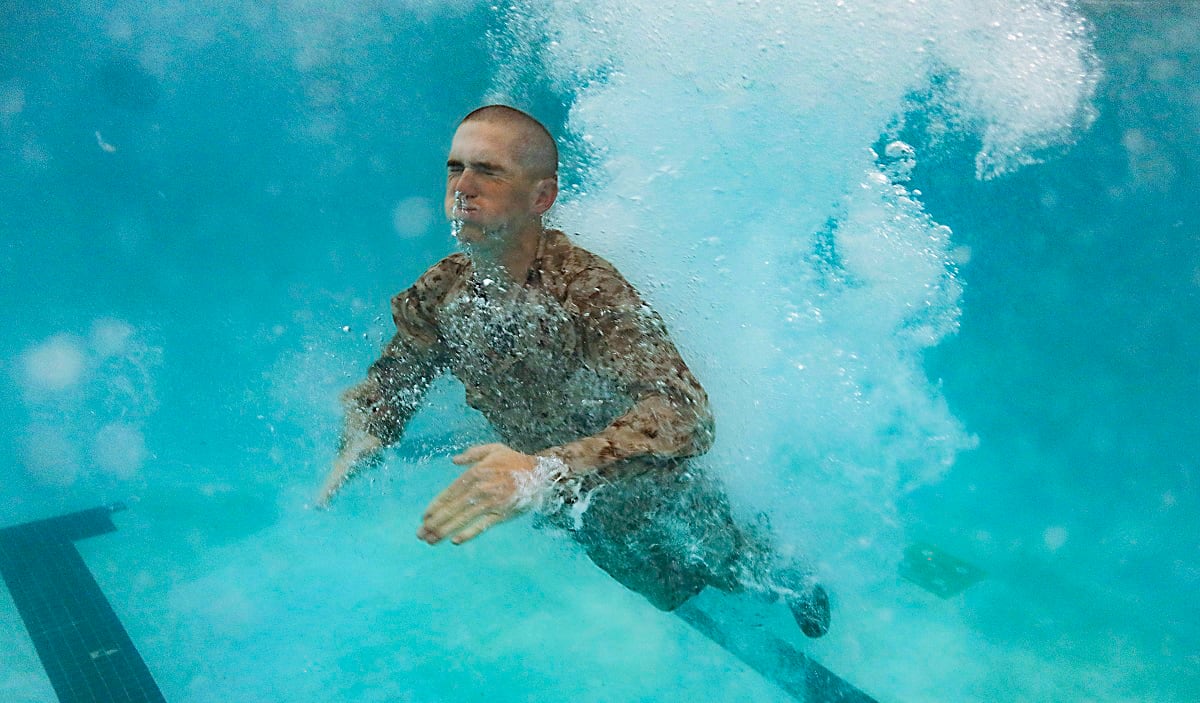WASHINGTON — The Marine Corps is mulling some alternatives to its system of matching new officers with military occupational specialties. But it appears changes, if any, aren’t coming soon.
Second lieutenants at Quantico, Virginia’s The Basic School, the training course for new Marine officers, get divided into thirds based on performance in the six-month course, as has been policy for decades.
Those in the top of each third get first pick at receiving their preferred military occupational specialties, Brig. Gen. Farrell Sullivan explained at the Modern Day Marine conference Tuesday in Washington.
Civilian or prior-enlisted experience and individual suitability also come into play, according to the Marine handbook on military occupational specialties for officers. Some specialties have particular requirements like normal color vision, U.S. citizenship or heightened physical standards.
RELATED

The Corps’ Training and Education 2030 planning document, released in January, tasked Training Command leaders with analyzing whether the policy based on thirds makes sense.
“What evidence or analysis supports the continuation of the quality spread model for MOS selection used at TBS?” the document reads. “Are we discouraging achievement and performance by giving preference to Marines in the top of the bottom third of the class over Marines in the bottom of the top third?”
Sullivan said Tuesday, “I’m not sure what an alternate process would be that would be more effective than what we’ve done up to this point. But we’re looking at that, because we were tasked to look at that.”
Before 1977, new officers were allocated jobs based solely on lineal standing at The Basic School. The switch to the thirds system was meant to ensure that each occupational field “received a fair share of the most competitive lieutenants,” according to the handbook on job allocations.
These days, although nearly 95% of Marine officers receive one of their top five choices, only approximately 44% receive their first choice, according to the handbook.
Maj. John Bailey’s 2021 master’s thesis for the Naval Postgraduate School found a “modest, but positive, statistically significant relationship” between job preference received and performance.
Bailey suggested The Basic School follow the lead of the U.S. Military Academy, which assigns Army officers to jobs more holistically, incorporating the desires of the occupational fields’ leadership and the officers’ specific skills.
Irene Loewenson is a staff reporter for Marine Corps Times. She joined Military Times as an editorial fellow in August 2022. She is a graduate of Williams College, where she was the editor-in-chief of the student newspaper.





